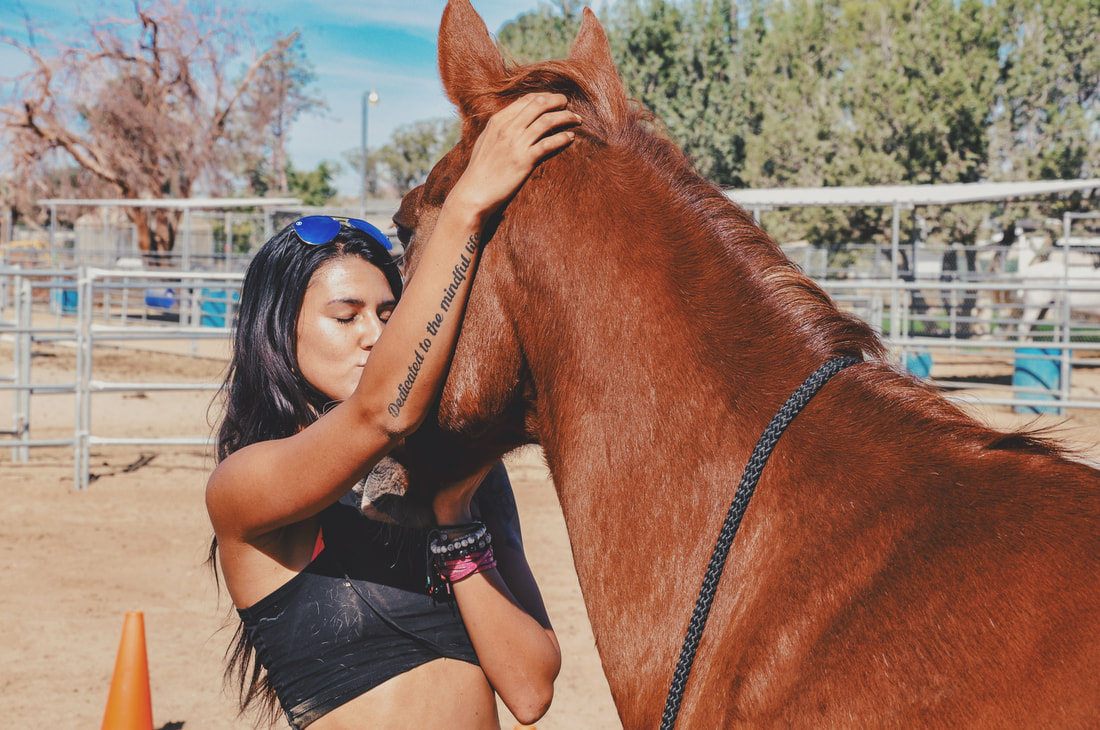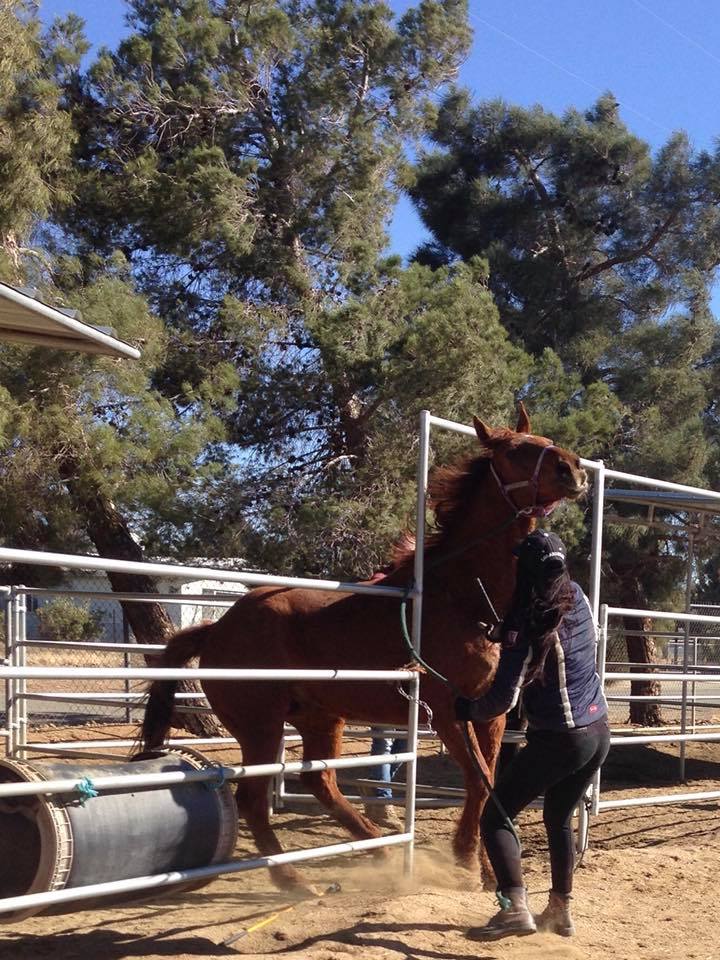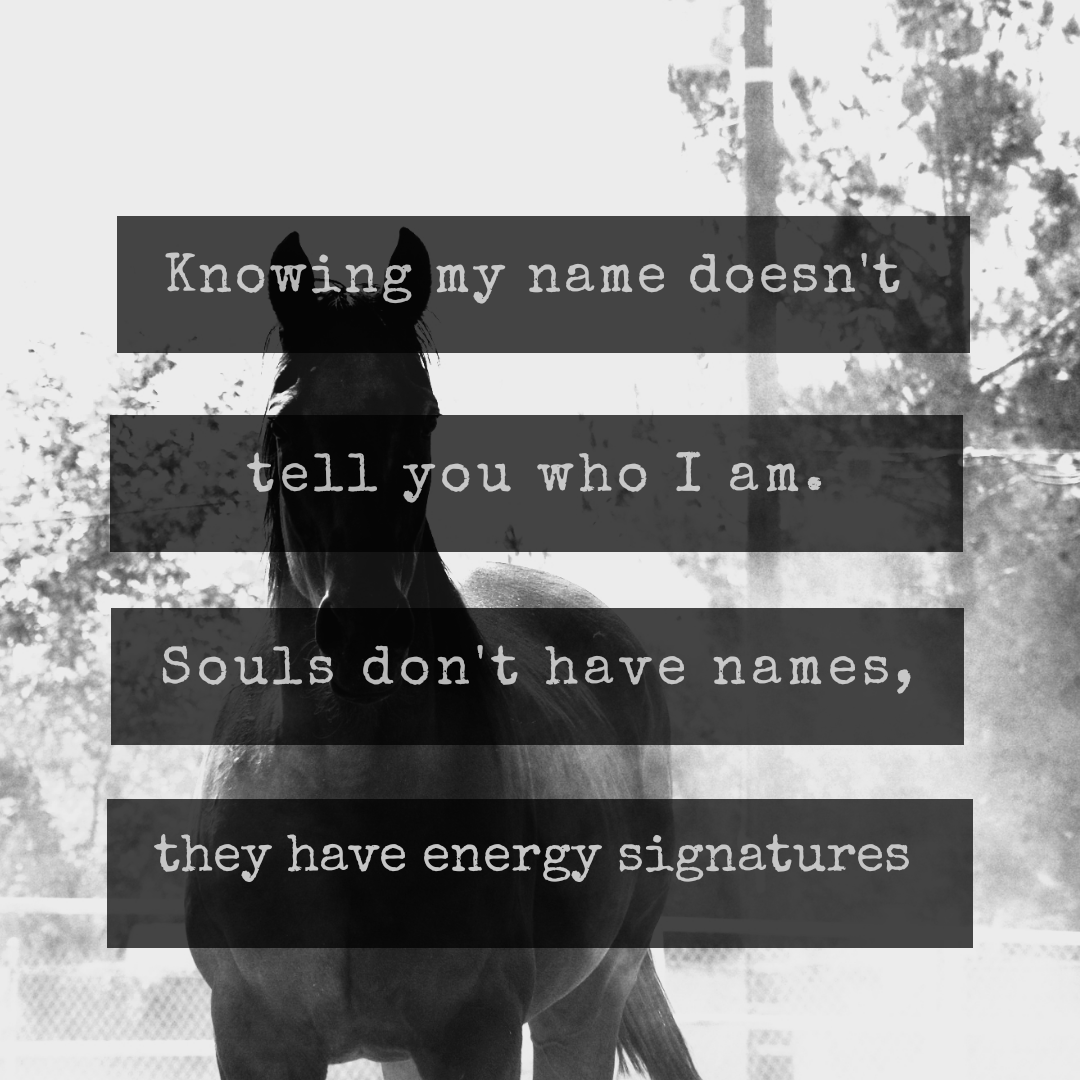The Primal relationship between Horse and Human
Horses and humans have a natural-established prey/predator relationship. With our eyes being closer together and our ears flat against the side of our head, a horse naturally sees us as “predator” in hunting position and ready to attack. Understanding this deep rooted relationship will give you an insight into how important body language and energy actually is.
So we need to tell the horse we’re not going to eat them. We are a friend. But the horse’s language is not through words, but by using body language and altering their energy. Natural Horsemanship is realizing that the horse’s world evolves around this. So instead of words, we use body language to tell them we’re not the enemy.
Establishing the leadership role is no joke and if you only “discipline”, “train” or work with your horse when riding or doing groundwork, you could easily end up in trouble.
I know a lot of horses who are calm and response when in the arena, but have very rude manners all around like bolting on trails or pulling on the halter, trying to walk off while you’re mounting. It’s like they’re constantly nervous, no wonder because nobody ever stepped in as leader.
So we need to tell the horse we’re not going to eat them. We are a friend. But the horse’s language is not through words, but by using body language and altering their energy. Natural Horsemanship is realizing that the horse’s world evolves around this. So instead of words, we use body language to tell them we’re not the enemy.
Establishing the leadership role is no joke and if you only “discipline”, “train” or work with your horse when riding or doing groundwork, you could easily end up in trouble.
I know a lot of horses who are calm and response when in the arena, but have very rude manners all around like bolting on trails or pulling on the halter, trying to walk off while you’re mounting. It’s like they’re constantly nervous, no wonder because nobody ever stepped in as leader.
So now the horse is unsure and becomes worried about the safety of its herd (even if it’s just the two of you). The leadership position is not up for grabs and it’s not something you can just learn, or train. It’s something you have to earn, as with anything that’s worth the effort.
It begins when you’re thinking about your horse, getting ready to grab him for a ride and drive over to the ranch. Sounds silly? That’s where knowledge about primal relationships, body language and energy work comes in. Again, no joke!
A simple example: I know a woman, who rescued a horse and went out every morning to grab him and go for a ride. Some days, the horse was fine, and they had a fun trail ride. But other days, she’d freak out as soon as the woman touched her or even came close. Long story short: turns out that horses can smell if you’ve eaten meat and (naturally!) freak out, because of their instinct. So becoming a vegetarian actually solved this uncommon problem for this horse owner.
Interesting, right? Now, what if you’re stressed or angry or sad because of something that happened with work or your family. You think a trail ride would help clear your mind, so with a head filled with worries you head towards your horse, who is peacefully grazing. Until he sees you coming, looks up and starts running in the opposite direction. Sounds familiar?
“Scared of the halter” is what some people call it, or a fight over dominance, maybe fear towards humans. But in a lot of cases, it’s not the horse OR the tool: It’s YOU.
A horse is not going on a trail ride (let alone leave the safety of home) if the supposed leader seems worried or nervous or just not sure! Some horses are not that sensitive, or they already have established a balanced relationship with their human.
But even then your relationship has to have deep roots and a solid foundation for your horse to understand that even though you’re not at your best, you will still be a good leader, a great friend and an even better partner. The only way to get there, is to constantly challenge yoursel to be better.
You're only in competition with yourself, to grow and learn together with your horse so that when the time comes when you have to take your place as leader, it will only makes sense to the horse to fully accept.
If you'd like to explore the World of the Horse a little bit more, maybe reading my previous blog about guiding your horse towards becoming balanced will provide you with what you need.
Love, Zoë
Love, Zoë




